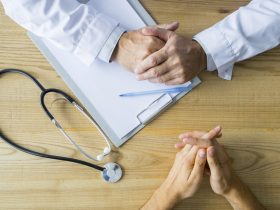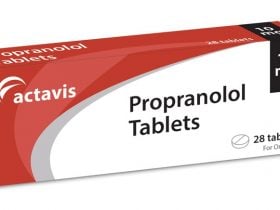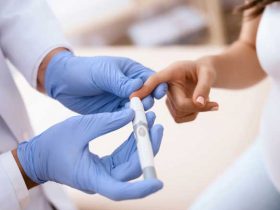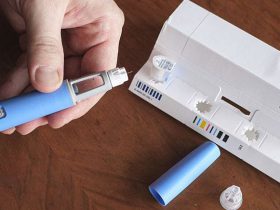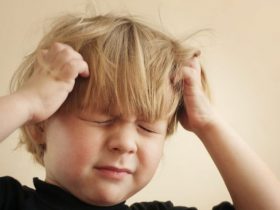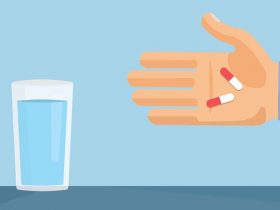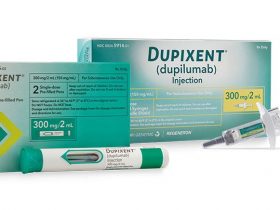Treatment for Precipitated Withdrawal

The popular and most direct way to stop precipitated withdrawal is to consume opioid, which is quite tricky because you are most likely trying to stop using opioid. If you consume opioids to stop the precipitated withdrawal, you have to wait for them to leave your system before you can resume treatment with an opioid antagonist or partial agonist recommended by your doctor. However, there are other treatment options to help relieve precipitated withdrawal without opioids.
You should visit a physician or pharmacist to help prescribe buprenorphine to help your symptoms. However, there are certain criteria to meet before this medication is prescribed. Also, professionals need to have completed an “x-waiver,” so this isn’t always an easy option. Professionals might also hesitate to prescribe the medication for other reasons including stigma around opioid use disorder.
As much as Buprenorphine can cause precipitated withdrawal it can also be used to treat precipitated withdrawal. The drug is most effective if you are already experiencing precipitated withdrawal. If you are dependent on opioids, going from full agonist, like heroin, to a partial agonist like buprenorphine is enough to trigger precipitated withdrawal.
Buprenorphine [6] is a partial agonist so its effect won’t be as that of a full agonist, like heroin. But this partial activation of the opioid receptors will be enough to ease your symptoms without the risk of an overdose.
It’s okay to not want to take the drug for precipitated withdrawal, especially if it caused it for you. However, it still remains one of the best treatment options for relief.
The medication is best taken in the hospital so as to be kept under close monitoring. Your doctor should monitor your condition until you feel well enough to go home.
Getting through the experience of precipitated withdrawal alone would be a lot more challenging but still very possible. But getting medical help can reduce your chance of returning to using opioids or experiencing overdose.


